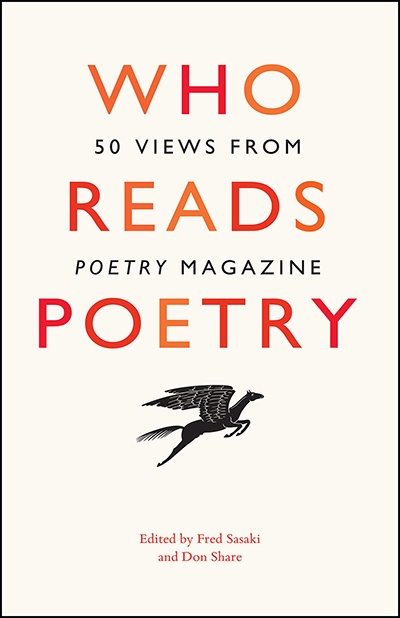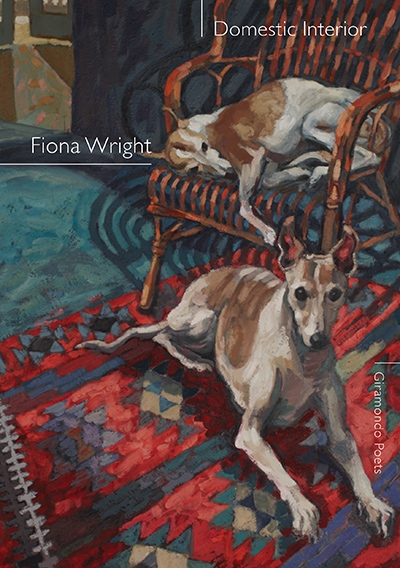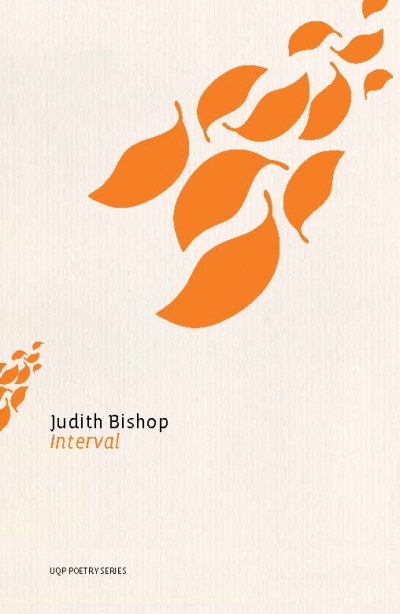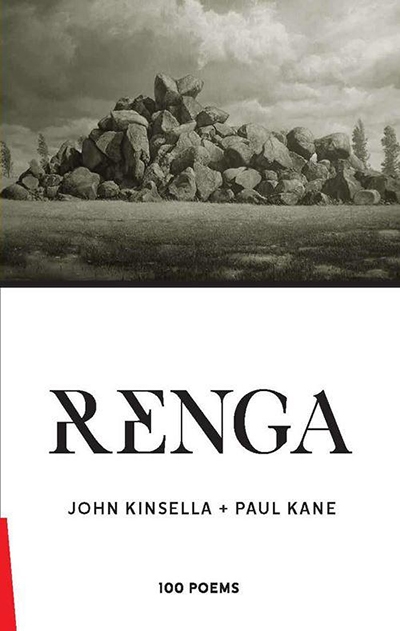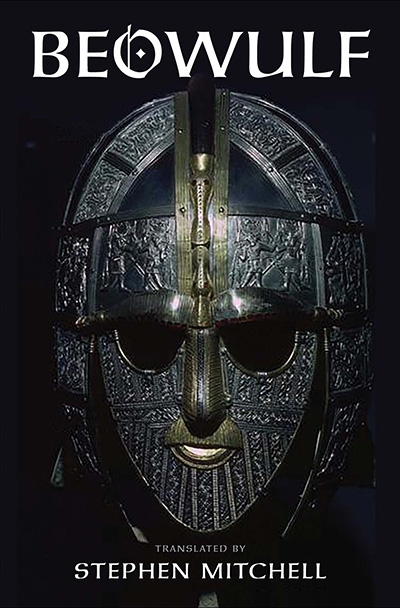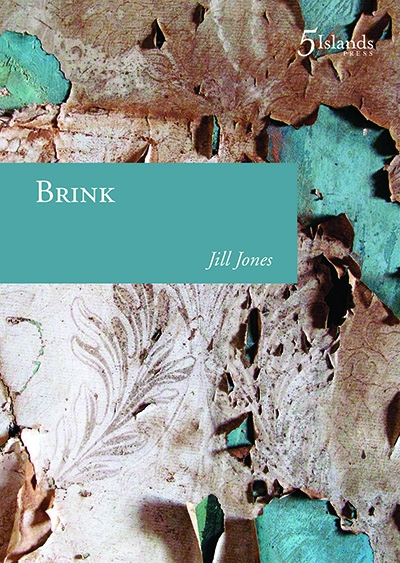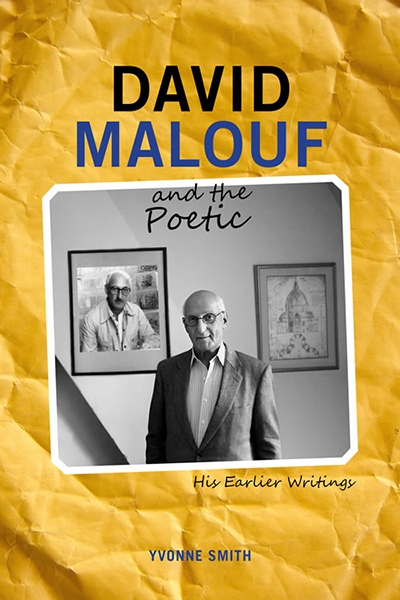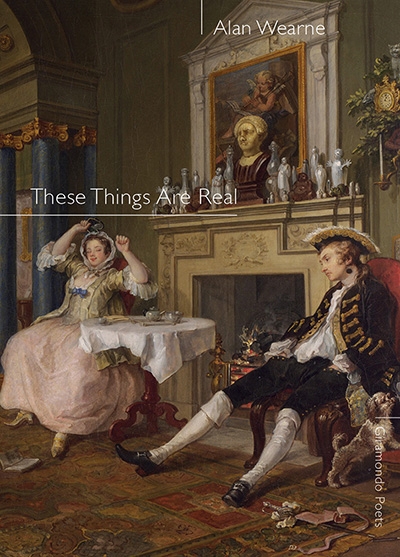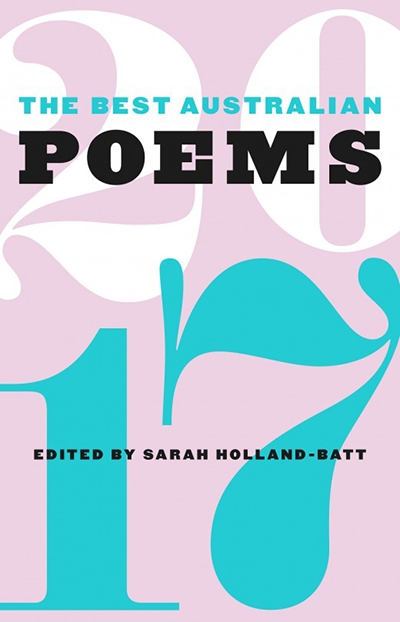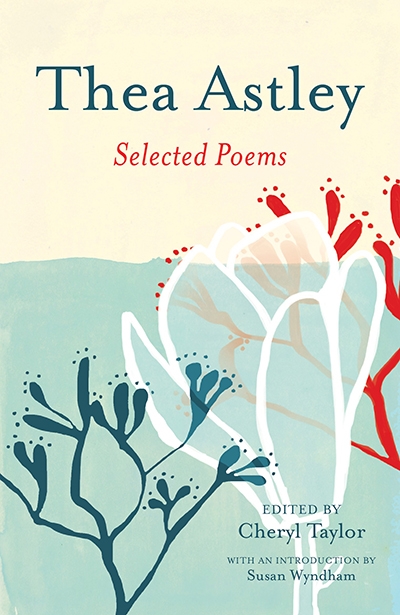Poetry
Who Reads Poetry: 50 views from Poetry Magazine edited by Fred Sasaki and Don Share
So, who reads poetry? American military cadets, that’s who. And medical specialists. Also, songwriters, journalists, and philosophers. And don’t forget (ex-) poets, priests, and politicians (to quote Sting). But let’s get back to those military cadets. What does poetry do for them? Who Reads Poetry gives us a number of ...
... (read more)Domestic Interior by Fiona Wright & The Tiny Museums by Carolyn Abbs
The classic lyric preoccupation with interiority, and how internal life touches and changes the outside world, finds expression in two recent collections of poetry: Fiona Wright’s ...
... (read more)Judith Bishop’s Interval appears just over a decade since the publication of her first book, also using a one-word title, Event (Salt, 2007). This gap seems far too long. Certainly, there have been two chapbooks in the intervening years – Alice Missing in Wonderland and Other Poems (2008), in the Wagtail series ...
... (read more)Poets aren’t generally known for being great collaborators. Wordsworth and Coleridge’s 'Lyrical Ballads' (1798) is a rare example of a co-authored canonical work of poetry. 'Renga: 100 poems', by John Kinsella and Paul Kane, has some similarities to 'Lyrical Ballads'. Like those of its ...
... (read more)The Old English Beowulf, the most important poem in English before Chaucer, was probably composed in the eighth century. The poem traces Beowulf’s three fights against the monster Grendel, Grendel’s mother, and the dragon. The dragon is defeated, but Beowulf also dies in the battle. The poem ends with an elegiac lament ...
... (read more)The poetic epigraphs that introduce all three sections in Brink, Jill Jones’s tenth full-length poetry collection, are collaged fragments from the poems proper. Moodily, they skirt the edges of what’s to come: ‘I am to proliferate.’ The poems then, in all their multiplicity, evoke and explore being on the brink – of knowing, feeling ...
... (read more)David Malouf and the Poetic: His earlier writings by Yvonne Smith
Plenty of novelists begin life as poets. Few, though, have managed to maintain their status as poet–novelists quite so impressively as David Malouf. But even Malouf, in his ‘middle period’, more or less dropped poetry for his ‘big’ novels ...
... (read more)Alan Wearne’s work over the past thirty years or so – dense, demanding, unique, rewarding – is like the oeuvre of a cinematic auteur: one that never quite got onto the syllabus, or brought out the crowds at Cinémathèque. Technique above all, most of the time, but allied with real if unfamiliar emotion, even if the narrative needed the reader to have the right ...
... (read more)When W.H. Auden took the cue for his poem ‘Musée des Beaux Arts’ from Brueghel’s Fall of Icarus, he did not presume the reader’s knowledge of the iconography of the painting but rather sprang open its central and universal theme, which touches all our lives: how ‘dreadful martyrdom must run its course’. It is easy to think our lurid times are perhaps ...
... (read more)Thea Astley had a way with words. Her novels are studded with arresting metaphors, atrocious puns, hilarious one-liners, arcane words, technical terms from music, geometry and logic, religious and literary allusions. Her verbal pyrotechnics can be dazzling and infuriating, in equal measure: as Helen Garner once wrote, it is ...
... (read more)

